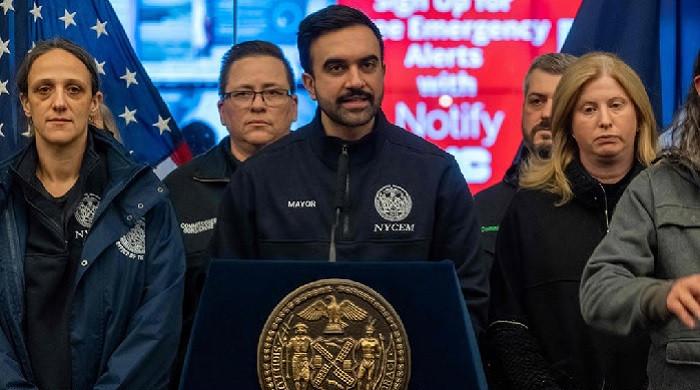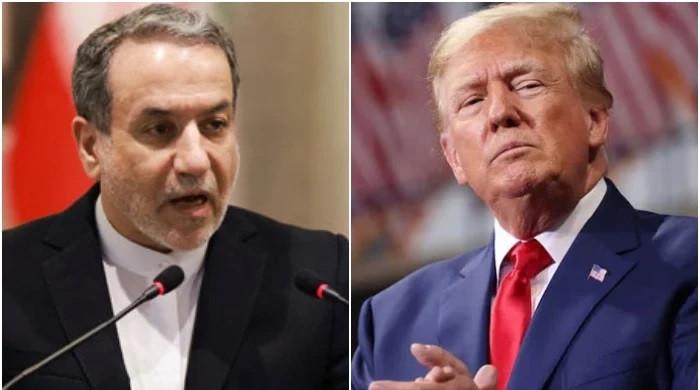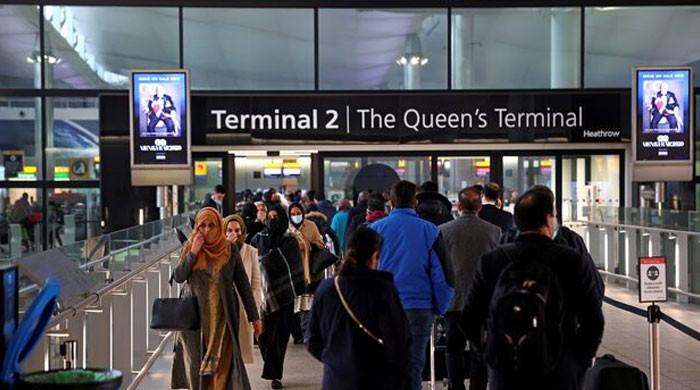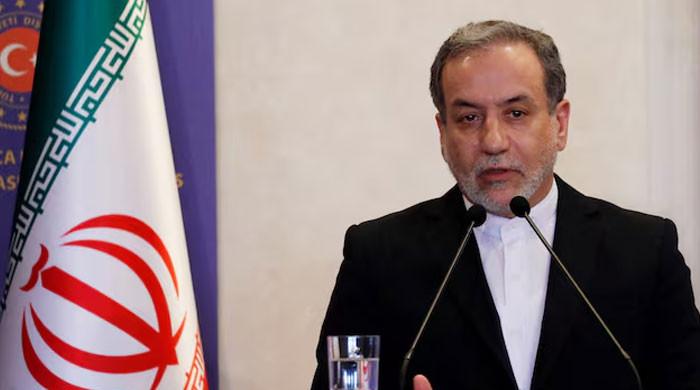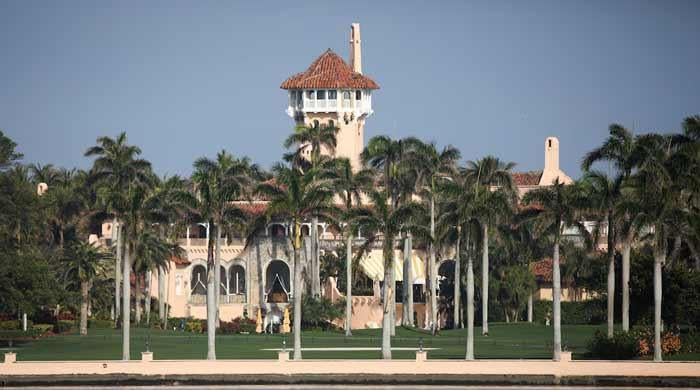A new sunshine in Japan
So immersed were they in the festivities that they had entirely forgotten that they were physically in Karachi
May 17, 2019
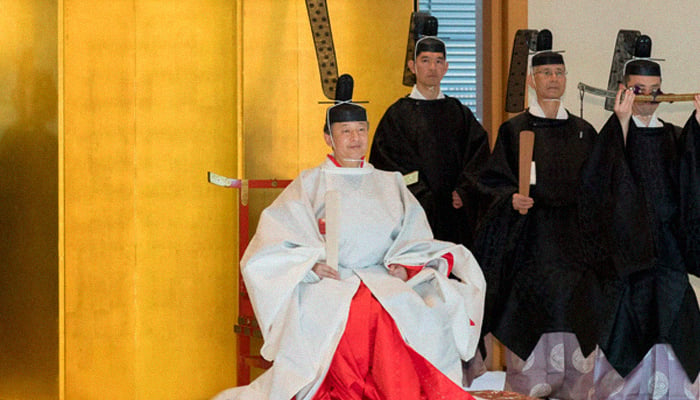
Some 7,000 kilometres away from Tokyo, the mesmerised Atakas watched the televised coronation ceremony of the new Japanese Emperor.
Their minds, hearts, and souls at the Imperial Palace, they were so immersed in the festivities that they had entirely forgotten that they were physically in Karachi. Heads bowed down in honour as Emperor Emeritus Akihito abdicated the Chrysanthemum Throne, they were enthralled to see the illustrious coronation ceremony of his son, Emperor Naruhito, that followed next.
The couple found it elating that Naruhito was sworn only to reflect on the course followed by His Majesty and past emperors. As the symbol of the state, they expect him to dedicate his life for the people's unity. To them, it was a humble gesture when the new emperor vowed to initially devote himself to self-improvement.
Atakas are a celebrated Pakistani family deeply touched by the Japanese imperial family. Exactly two years ago, they were invited to the same palace, where, now, the ceremony was taking place in the present day; their minds kept rushing back to the memorable thoughts from then.
On May 11, 2017, Muhammad Azmat Shigeyuki Ataka was conferred with one of the most prestigious Japanese awards — the Order of the Sacred Treasure (the Silver Rays class) — by incumbent Japanese Prime Minister Shinzo Abe's brother. It was to honour Ataka for his contribution to promoting people-to-people contact between Japan and Pakistan.
That very day, the Atakas, along with the other recipients and their spouses, was given a rare audience to the then-Emperor Akihito. The couple still remembers how everybody was asked to remain composed and observe complete silence.
Ataka was dressed in the Pakistani national dress and his florist wife, Asifa, had chosen to wear a stylish silk saree, bought 22 years ago. She had never imagined that she would adorn the dress on such a special day.
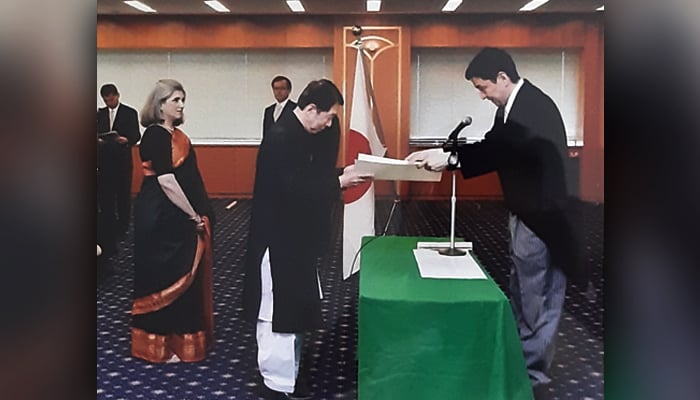
For Ataka, visiting the then-emperor was a dream come true. As a young man in mid-70s, he had always adored the humble ruler but could only watch him on the TV.
Then one fine day, Ataka left Japan to visit his great English teacher, Dr Abul Khair Kashafi, in Karachi. He received such a warm welcome that he forgot everything about Japan and decided to complete his masters in political science from the University of Karachi — and soon, before completing his degree — joined the Japanese consulate as an assistant director.
The opportunity to return to his country diminished further when Ataka fell in love with the young niece of his teacher, Asifa. As he recalled the moment, Ataka burst into laughter. To him, personality and mannerisms mattered the most so he married Asifa and, in the blink of an eye, 42 years had passed.
During those four decades, Ataka had dedicated himself to promoting Japanese poetry, music, art, and culture in Pakistan. He also served as the first vice president of the Pakistan-Japan Cultural Association's Sindh chapter.
For his services to the nation, Ataka was bestowed with the Pride of Performance award from the Pakistani president. But, even then, the audience before the world’s oldest hereditary monarch had never come even in his wild dreams.
Yet, he was very much there in the broad daylight. Holding his head high with pride, Ataka stood among the recipients, biting his finger momentarily to convince his heart that he was not merely dreaming.
Lady luck was with Asifa, who, among the dozens of spouses, ended up in the front row. Despite the presence of twelve hundred guests, there was a pin drop silence.
As Akihito was ushered in, Ataka held his breath. Smiles spread across the faces as His Majesty congratulated the award-winners.
Asifa was pleasantly surprised when she saw the emperor walking towards the spouses, adorned in their traditional dresses. She took a deep breath as Akihito came next to her and stopped.
Asifa heard the gentlest voice. "Where are you from?"
A billion thoughts came to her mind before she could reply with one word: "Pakistan."
Her mesmerised husband, on the other side of the hall, kept watching without blinking his eyes.
Akihito encouraged Asifa to speak up. "How was your stay in Japan?"
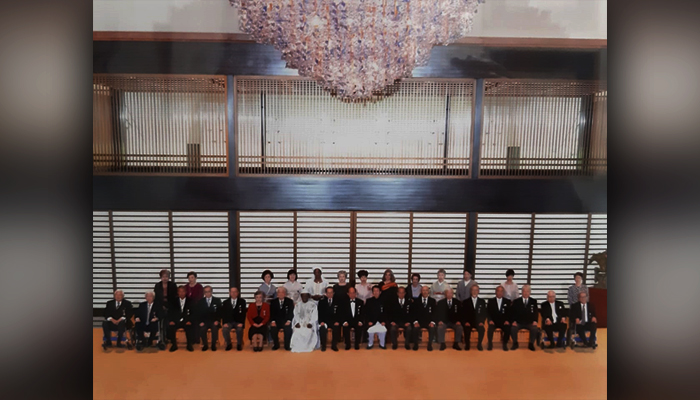
The woman, who had married to the love of her life, opened up to praise with another one word: "Superb."
Finding her beaming with joy, Akihito asked Ataka to keep working to bring the two cultures closer. The hall was an architectural masterpiece so every single person could clearly hear each of their words.
Soon, however, the emperor left the hall and the guests thronged Asifa to thank her for her presence. To them, it was due to a Pakistani woman that they got a rare chance to be so close to the revered emperor and see him engaging in such a lively conversation.
Almost 25 years prior, the Atakas had received another honour. They were among the few Pakistanis who met the current crown prince — the brother of Emperor Naruhito. In 1992, Prince Fumihito had visited Pakistan with his lovely wife, Kiko. As a director in the Japanese consulate, they had to accompany them everywhere.
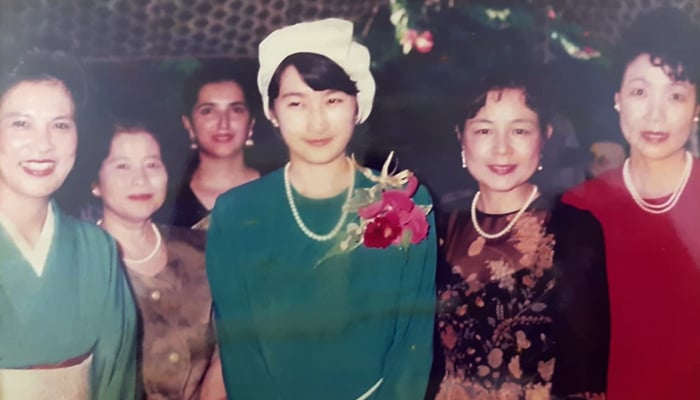
Relations between the two nations were flourishing and the prince thoroughly enjoyed his 'red-carpet' welcome and the stay. When Princess Kiko boldly touched a python during a visit to the Gandhi Garden Zoo, she became the talk of the town.
Having met two members of the imperial family, the Atakas are now keeping their fingers crossed to meet the current emperor. They are happy that the new era in Japan is named Reiwa. Culturally astute as they are, the family feel that by deriving from the traditional classic Manyoshu, Tokyo has rooted itself deep in her own history.
The Atakas are least concerned if some consider Reiwa to be the ‘order and peace’. They believe this ‘beautiful harmony’ will promote Japanese culture in a competitive world. Honouring it, Ataka recited a couplet from Manyoshu:
Would there were a horse?
That could travel with silent feet!
Then, over the jointed bridge of Mama
In Katsushika, I’d come to you
Night after night.
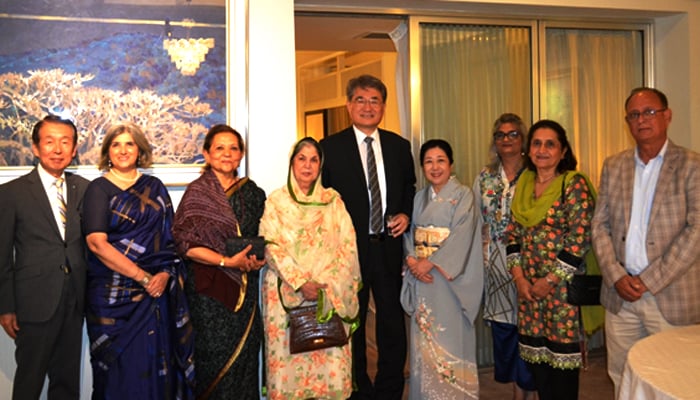
The Atakas were also the first ones at a grand reception hosted by Consul General of Japan in Karachi, His Excellency Toshikazu Isomura, to celebrate Emperor Naruhito's enthronement. They felt humbled to find out that, even among the elitists of the elites, none other than the Consul General himself had the honour to see the emperor emeritus.
At the event, Isomura reminded guests of the developments during the three decades of Heisei era and expressed hope that Reiwa would continue to bring peace and economic prosperity to Japan as well as all other countries, including Pakistan.
One could find a glow in the consul general's eyes as he reminded his friends of the moment he accompanied the then-prime minister, Benazir Bhutto, to the palace 23 years ago, when he was deputed in Islamabad and, thus, had a rare chance to see the then-emperor.
While Isomura has not had an opportunity to meet the new emperor either, he knows the Harvard-educated Empress Masako Owada was a career diplomat when he had served in the foreign ministry.
Back then, Empress Owada was widely respected for her intelligent mind. She was taller than the five-foot-four-inch Naruhito.
As the then-crown prince fell in love with her, it became a pastime to discuss their marriage prospects. When she left to study in Oxford, Isomura and his colleagues knew nothing wrong would come her way. And, in 1993, the couple got married.
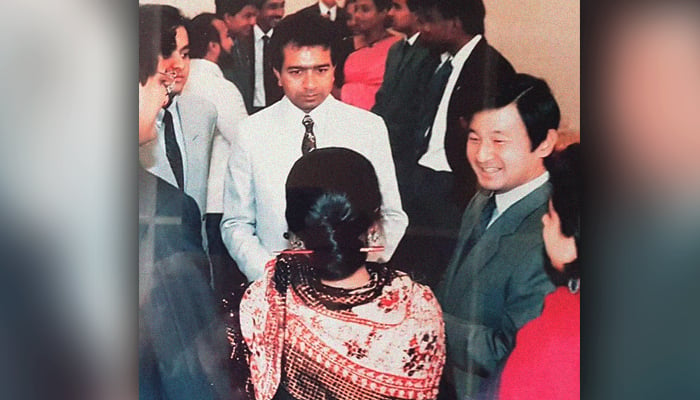
Much like his father, the then-crown prince also used to meet delegations from various countries, including one from Pakistan. At the event, then, Deputy Consul-General Katsunori Ashida talked of how some Pakistanis, including Munir Ahmad, had met Naruhito a couple of years ago.
Honouring the imperial family, the consul general entertained the guests with delicious, freshly-made sushi. Watching Ashida wearing a traditional kimono dress and discussing his appreciation of the cuisine with Isomura's wife, I sneaked closer to him.
Pointing at the sushi dish, I reminded Ashida of the tuna-cutting ceremony where he had no option but to cut a frozen tuna. I asked: "Is it also made of a frozen fish?"
Bursting into laughter, the diplomat's wife patted me on the shoulder and, to my surprise, the deputy consul general hilariously replied in Punjabi, "O tussi ki kainday o! [Oh, you are at the top of your wit!]," before warmly shaking hands and accepting greetings.
(The author is Controller News at Geo News and can be contacted at [email protected] or on Twitter @NasimHaider2; Editing by Haseem uz Zaman)
Note: The views expressed are those of the author, and do not necessarily reflect the official policy or position of Geo News or the Jang Group.






